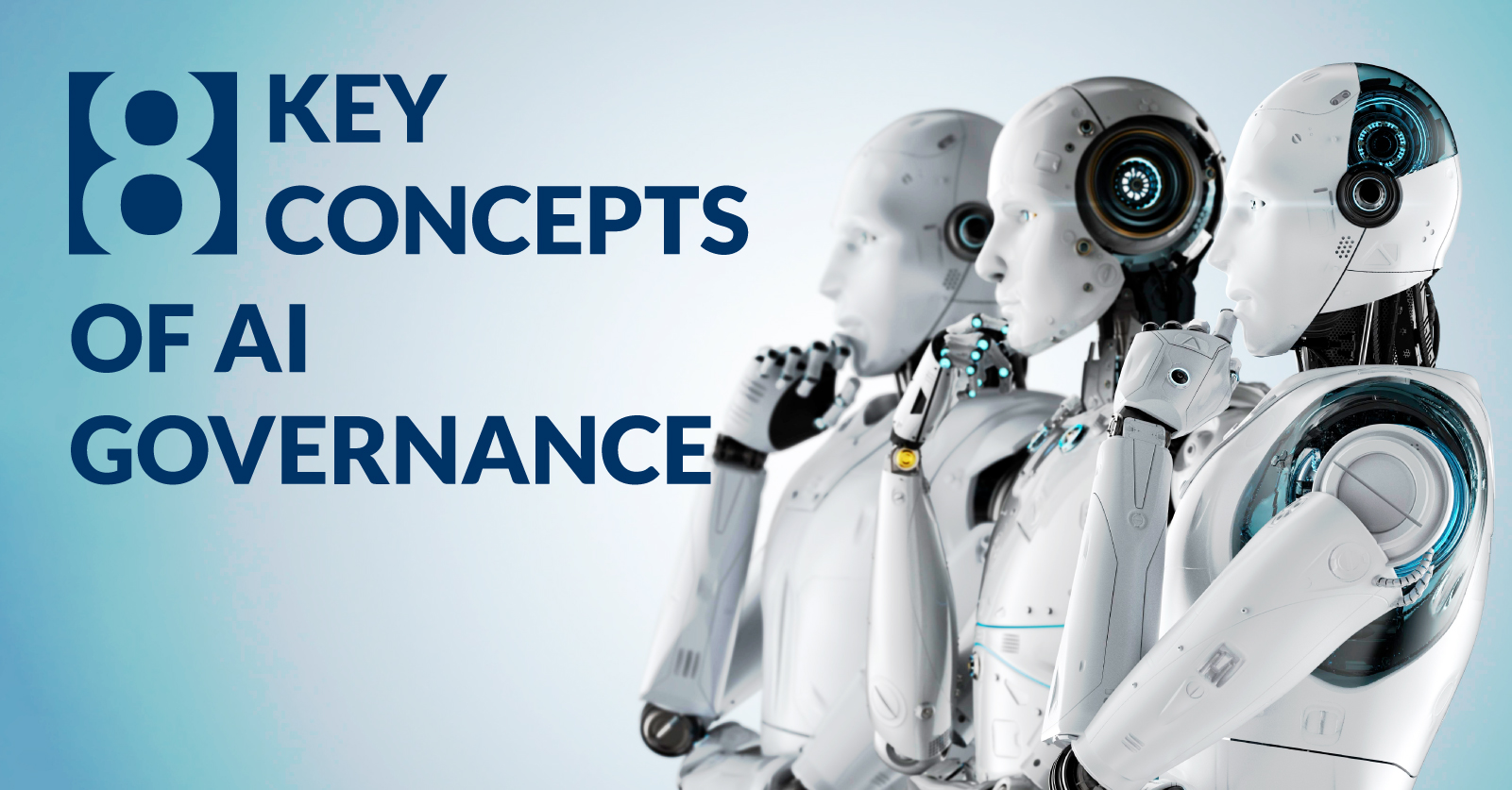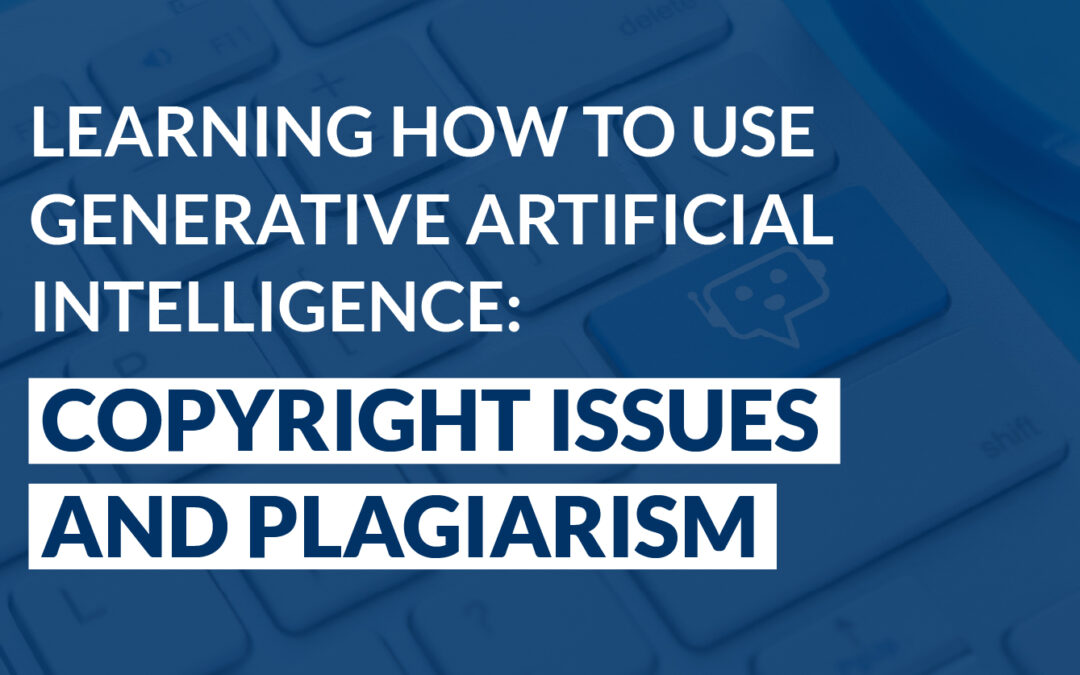To better understand the technological revolution of artificial intelligence (AI), we present eight key concepts related to its governance.
Artificial intelligence
Governance
A system of policies, practices, and processes implemented by organizations to manage and oversee their use of AI, ensuring alignment with their goals and ethical, responsible, and legal use.
Transparency
The extent to which information about an AI system, such as whether it is being used and in what manner, is available to involved parties.
Accountability
The obligation of creators, operators, and regulators of an AI system to ensure its operation is ethical, fair, transparent, and compliant with standards.
Input Data
Data provided or acquired directly by an algorithm or learning model to produce a result and serve as the foundation for learning, making predictions, and completing tasks.

Validation Data
A subset of the data used to evaluate the model’s performance during the training phase, used to fine-tune the model’s parameters.
Bias
There are various biases in this field that can affect results and jeopardize individual rights and freedoms.
Computational bias
A systematic error or deviation from the true value of a prediction that originates from model assumptions or the data itself.
Social bias
Leads to systemic prejudice, discriminating against a specific group.
Natural
Language
Processing
A subfield of AI that helps systems understand, interpret, and manipulate human language, transforming information into content.
Machine
Learning
A subfield of AI that employs algorithms allowing computer systems to learn iteratively, enabling them to make decisions and draw inferences or predictions based on data.
Our Experts

Andrés Alonso
Corporate
Law Coordinator
Law Coordinator







